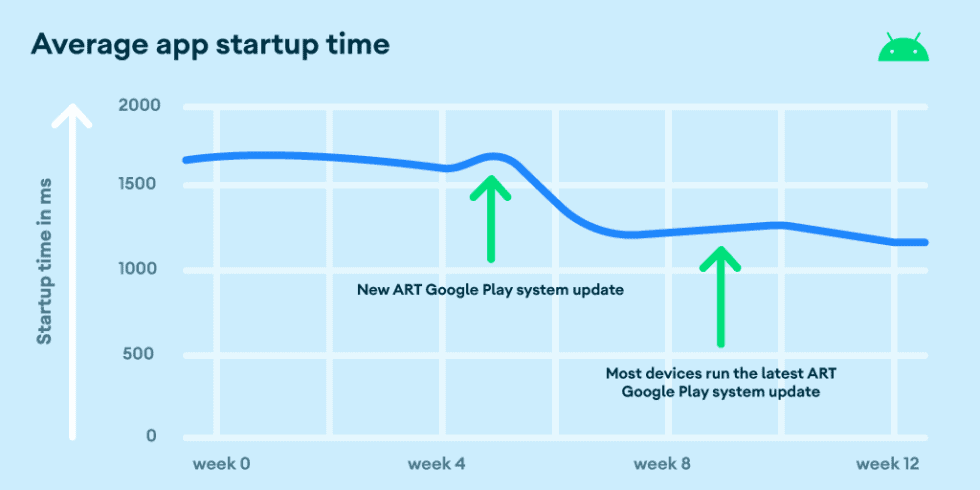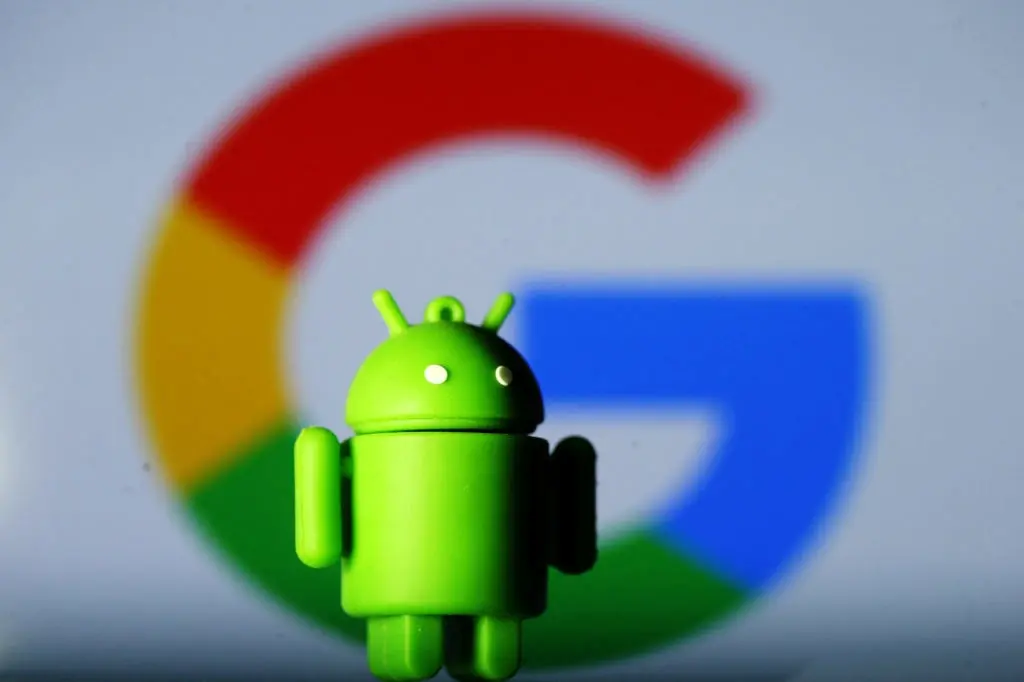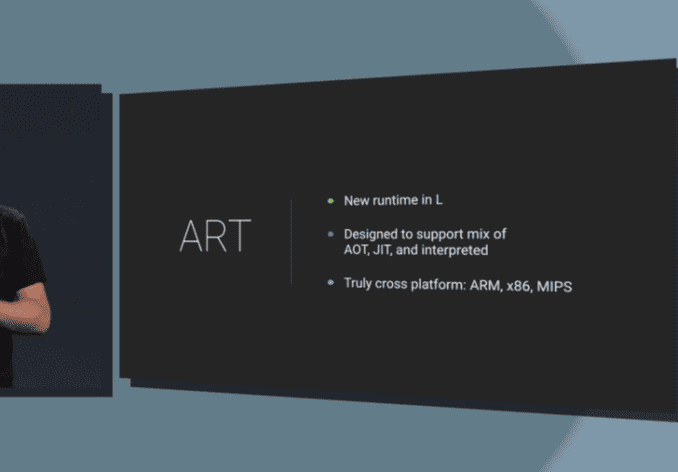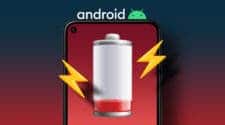Google has recently released an update to its Android Runtime (ART) that promises to make apps run faster, even on older devices. The update includes performance-enhancing compiler and runtime optimizations while reducing code size. This means that apps will launch faster and run more efficiently, even if the operating system isn’t updated. Google has begun to version ART like a major software project, and with the launch of Android 14, “ART 14” will follow. However, the latest version of ART will not be limited to Android 14. ART 14 and most of its upgrades will also be pushed to older versions of the system. This way, users can run ART 14 on Android 12 phones. In a blog post, Google reveals the pros of ART as well as its new ability to be updated independently.

As for ART 13, Google provided the chart above to show when the new update rolled out. The chart also shows how the rollout affected average app launch times. When Google released Android 13, it detailed some ART 13 changes. The company said ART 13 made switching of native code faster, and JNI calls were 2.5 times faster. Google also said
“ART performs more bytecode verification at install time, avoiding the overhead of runtime verification and keeping applications launching quickly, resulting in a 30% faster startup time for some devices”. The company is now saying the ART 14 update will upgrade Android from OpenJDK 11 to OpenJDK 17. It will also bring “a new compiler and runtime optimizations that improve performance while reducing code size.”
What is ART?
The Android Runtime (ART) is responsible for running apps on the Android OS. It is a virtual machine that executes the bytecode of an app and translates it into machine code that can be executed by the device’s SoC. ART was introduced in Android 4.4 KitKat as a replacement for the Dalvik virtual machine, which was used in earlier versions of Android.
ART is the engine powering Android, responsible for compiling Java and Kotlin to bytecode and executing it. Even without a full OS update, ART updates allow Google to improve the speed of apps. Google says that with the launch of Android 13 version ART, “on some devices, actual app launches are up to 30 per cent faster.”
ART officially became a modular part of the operating system (APEX module) in Android 12. This makes it updateable through the Play Store rather than system updates. Based on current Android distribution data, this means that about 31% of users (or 600 million users) are regularly getting a better, faster app engine. While many components have slowly moved into APEX modules, Google says ART is the largest, “with an order of magnitude more API than any other APEX module”.

What does the ART update do?
The ART 14 update includes several optimizations that improve app performance. These optimizations include:
- Performance-enhancing compiler optimizations: The update includes improvements to the compiler that translate an app’s bytecode into machine code. These upgrades will result in faster app startup times, execution speed, and more efficient bytecode compilation.
- Runtime optimizations: The update includes improvements to the runtime environment that executes an app’s code. These improvements result in faster app execution speed and improved memory usage.
- Reduced code size: The update includes optimizations that reduce the size of an app’s code. This results in faster app installation times and reduced storage space requirements.
How does the ART update improve app performance?
The ART update improves app performance in several ways. Firstly, the performance-enhancing compiler optimizations result in faster app startup times and execution speed. This means that apps will launch faster and run more smoothly.
Secondly, the runtime optimizations result in improved memory usage. This means that apps will run more efficiently and use less memory.
Finally, the reduced code size optimizations result in faster app installation times and reduced storage space requirements. This means that users can install more apps on their devices without running out of storage space.

What are the benefits of the ART update?
The ART 14 update offers several benefits to users, including:
- Faster app startup times: The performance-enhancing compiler optimizations result in faster app startup times, which means that users can start using their apps more quickly.
- Improved app performance: The runtime optimizations result in improved app performance, which means that apps will run more smoothly and efficiently.
- Reduced storage space requirements: The reduced code size optimizations result in reduced storage space requirements, which means that users can install more apps on their devices without running out of storage space.
- Compatibility with older devices: The ART 14 update is designed to work on older devices, which means that users with older devices can still benefit from the performance improvements.
Conclusion
Google’s Android Runtime (ART) promises to make apps run faster, even on older devices. The update includes several upgrades that improve app performance. This includes performance-enhancing compiler and runtime optimizations, as well as reduced code size. The benefits of the ART update include faster app startup times and better app performance. It also reduces the storage space that users need and is useable with older devices. Overall, the ART update is a huge upgrade to the Android system that will benefit users by making their apps run faster and more efficiently.






The article might have been useful if it contained information on determining what version of ART a given Android device is running, not to mention how to get and install the latest version (hint: neither ART nor Android Run Time are in the play store).
WOW! That’s Really nice, Thanks for sharing this informative article with us.